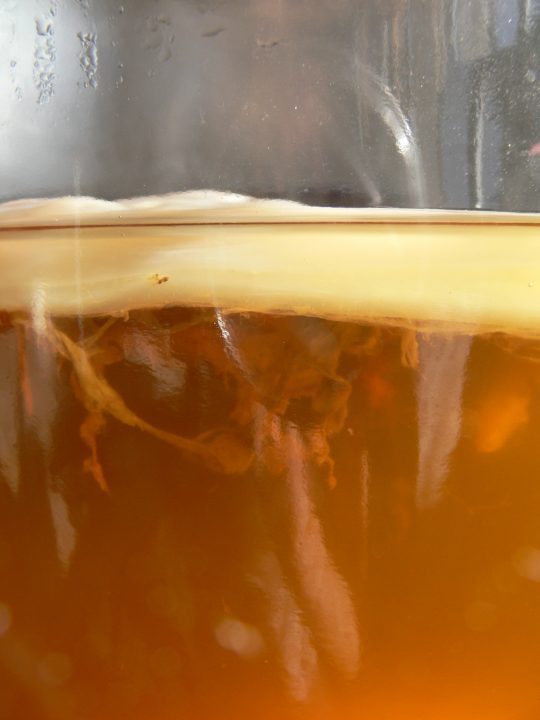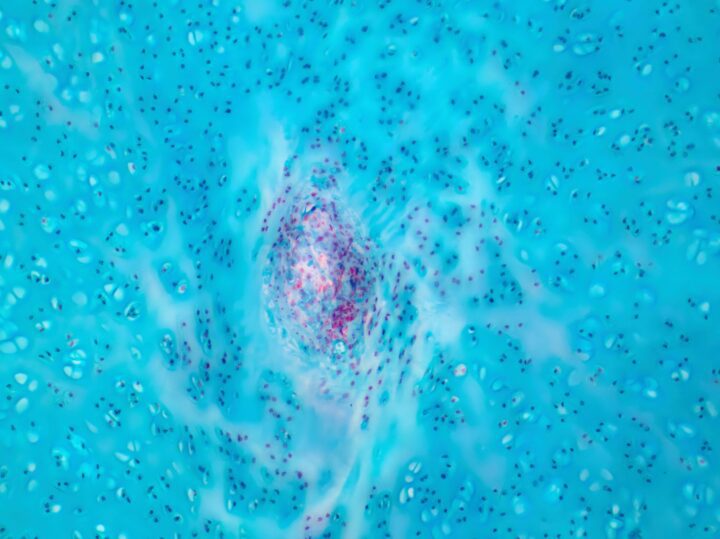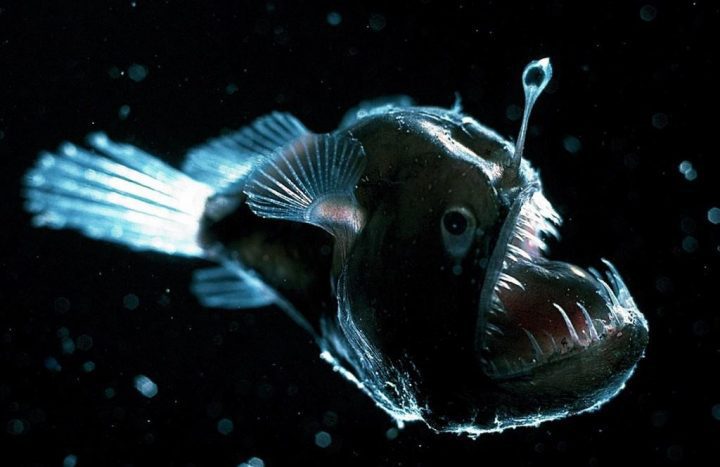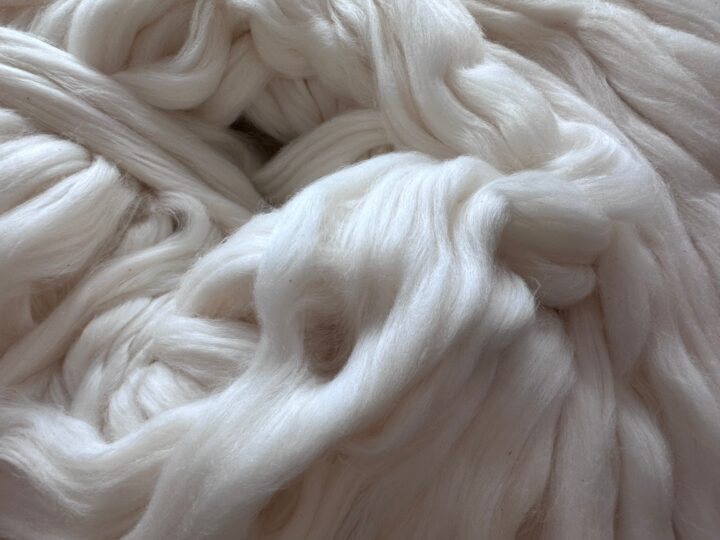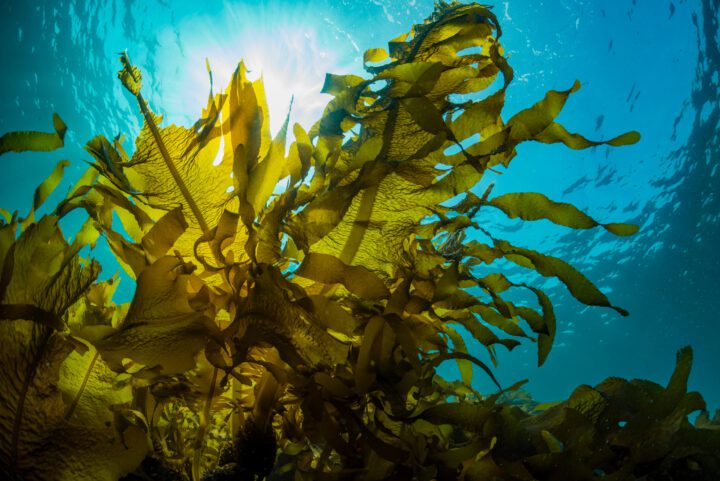Cellugy’s EcoFLEXY is a biodegradable cellulose product made by fermentation that can act as a thickener, gelling agent, and emulsifier, potentially replacing widely used microplastics.
Benefits
- Biodegradable
- Produced by fermentation
- Easily distributable powder
- Non-GMO
Applications
- Personal care products (including lotions, sunscreens, shampoo, hair products, cosmetics)
- Functional ingredients for specialty papers
- Various uses in the textile industry, biomedical industry, and food industry
UN Sustainable Development Goals Addressed
-

Goal 9: Industry Innovation & Infrastructure
-

Goal 12: Responsible Production & Consumption
-
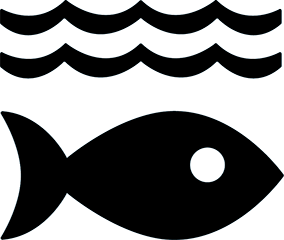
Goal 14: Life Below Water
Bioutilization
- Bacteria
The Challenge
Microplastics are found as deep as the Mariana Trench, as high as Mount Everest, and even in our blood, threatening the health and habitat of many of Earth’s living beings and ecosystems. Often-overlooked sources of microplastics include personal care products and cosmetics, which have been relying on plastic-based polymers since the 1960s to thicken or hold ingredients together. In particular, polyacrylic acid or PAA (known as Carbomer), is used in the form of a fluffy white plastic powder that can absorb large quantities of water, making it useful for absorbency and for controlling the consistency of materials like makeup and paint.
Biological Model
Cellulose is typically known as the structural component of plants, but many bacteria make it too. They secrete it to create a biofilm that protects them from UV light, prevents dehydration, and helps them survive other hostile conditions.
Innovation Details
Cellugy sustainably produces biodegradable materials to replace those made from plastics and other petrochemicals. Its first product, EcoFLEXLY, is for the personal care and cosmetics industry, which relies heavily on plastic s called Carbomer as a thickener and emulsifier. Cellugy’s specially curated and cultivated community of bacteria ferments sugars to produce cellulose with unique characteristics that allow the cellulose to perform the same functions comparably to Carbomer. Unlike Carbomer, EcoFLEXLY is bio-based and biodegradable. It can be distributed as a gel or a powder for large-scale distribution and industry-wide adoption. Cellugy is developing cellulose products to replace other plastics as well, including waterproof coatings for textiles and dermal fillers.
Video: Combatting Plastic Pollution––A New Nature-Inspired Solution

The Human Factor
Cellulose is the most abundant organic compound on Earth, and you can find it in paper, cotton clothing, and even the slimy film around your shower drain.
If you’re familiar with kombucha, like the founders of Cellugy are, you probably know that SCOBY (symbiotic culture of bacteria and yeast)—the thick, gooey layer that forms at the top of the liquid—is also a cellulose-based biofilm. This is what inspired the Cellugy team. Made of microfibrils that can hold up to 200 times its weight in water, its properties can be adjusted by calibrating the environment of the bacteria that produce it.
Cellugy worked to isolate strains of bacteria from this fermented tea drink to figure out which ones produce cellulose and then experimented to optimize their cellulose production. So while many coworkers may toast each other with kombucha, at Cellugy, the coworkers are kombucha.
Ray of Hope Accelerator
The Ray of Hope Accelerator supports an annual cohort of ten high-impact nature-inspired startups representing various sectors and regions addressing the world’s biggest environmental and sustainability challenges. The accelerator builds upon years of experience as the Ray of Hope Prize. Created in honor of Ray C. Anderson, founder of Interface, Inc. and a business and sustainability leader, the $100,000 Ray of Hope Prize (2020-2023) shone a light on the innovative, nature-inspired solutions that we need to build a sustainable and resilient world. Cellugy was selected as a finalist for the 2023 Ray of Hope Prize.

